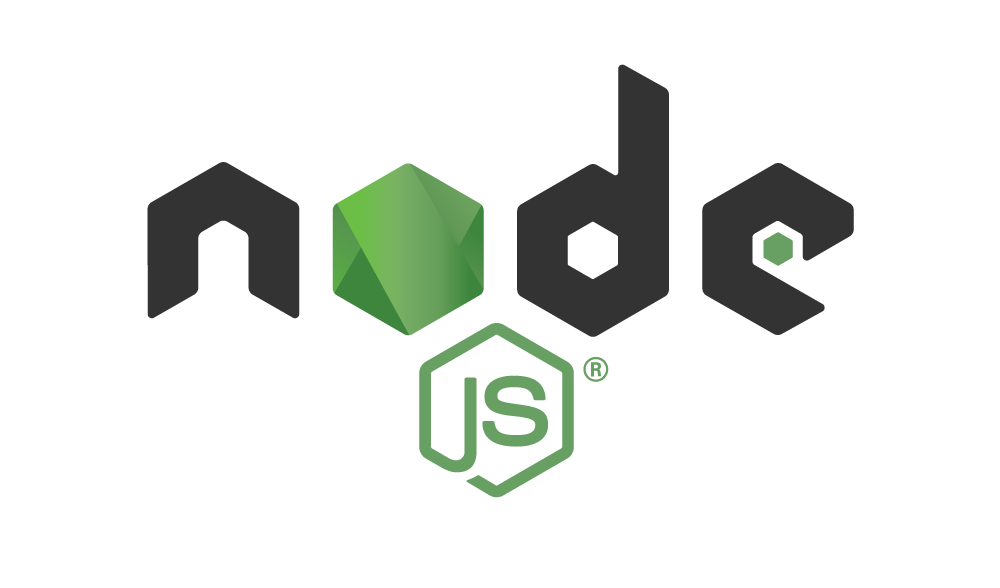Node.js - The powerful server technology for modern web applications
As an experienced digital agency, consulting and service company, we would like to offer you a comprehensive overview of Node.js and its many uses. Discover how this technology is revolutionizing the world of web development and holds numerous advantages for your company.
What is Node.js?
Node.js is an open source runtime environment based on Google Chrome's V8 JavaScript engine. It enables developers to run server-side JavaScript code to build highly scalable and efficient web applications. Node.js was developed by Ryan Dahl in 2009 and has since established itself as one of the most important technologies for web development and backend development.
Why Node.js?
The growing popularity of Node.js is due to its numerous advantages:
- Unified programming language: thanks to Node.js, developers can use JavaScript for both the frontend and the backend. This leads to simplification of the code base and more efficient collaboration between developers.
- Asynchronous and event-driven architecture: Node.js is asynchronous and non-blocking, which means it can handle multiple requests at the same time. This makes web applications faster and more scalable.
- Performance: Google Chrome's V8 JavaScript engine, on which Node.js is based, is known for its high performance and speed. This makes Node.js particularly suitable for time-critical applications and data-intensive real-time applications.
- Extensive package management: Node.js ships with the Node Package Manager (NPM), a huge repository of modules and packages created by the developer community. This makes it easy to add functionality and manage dependencies in your projects.
- Active community: Node.js has a very engaged and active developer community that is constantly developing new packages, frameworks, and tools. This ensures continuous improvements and innovations.
Why Node.js?
Why Node.js?
The growing popularity of Node.js is due to its numerous advantages:
Unified programming language: thanks to Node.js, developers can use JavaScript for both the front-end and the back-end. This leads to simplification of the code base and more efficient collaboration between developers.
Asynchronous and event-driven architecture: Node.js is asynchronous and non-blocking, which means it can handle multiple requests at the same time. This makes web applications faster and more scalable.
Performance: Google Chrome's V8 JavaScript engine, on which Node.js is based, is known for its high performance and speed. This makes Node.js particularly suitable for time-critical applications and data-intensive real-time applications.
Extensive package management: Node.js ships with the Node Package Manager (NPM), a huge repository of modules and packages created by the developer community. This makes it easy to add functionality and manage dependencies in your projects.
Active community: Node.js has a very engaged and active developer community that is constantly developing new packages, frameworks, and tools. This ensures continuous improvements and innovations.
Possible uses of Node.js
Possible uses of Node.js
Node.js is extremely versatile and is suitable for a wide range of applications:
Web and mobile applications: Node.js is ideal for creating powerful and scalable web applications and mobile apps.
API development: Node.js allows developers to quickly and easily create and manage RESTful APIs to expose data and services to their applications.
Real-time applications: Node.js is great for real-time applications such as chats, online games, and collaborative tools because it offers fast and responsive performance.
Internet of Things (IoT): The efficient and lightweight architecture of Node.js makes it the perfect choice for IoT projects where processing large amounts of data and fast communication between devices are important.
Microservices and serverless architectures: Node.js supports the implementation of microservices and serverless architectures that provide better scalability and flexibility.
Popular Node.js frameworks and libraries
Popular Node.js frameworks and libraries
There are a variety of frameworks and libraries that make development with Node.js easier and faster:
Express.js: Express.js is the most widely used web application framework for Node.js. It facilitates web application and API development through a variety of features and middleware.
Socket.IO: Socket.IO makes it easy to implement real-time communication in your web applications by supporting websockets and event-based communication.
Koa.js: Koa.js is a minimalist framework developed by the creators of Express.js. It provides a lightweight and modular architecture for building modern web applications.
Hapi.js: Hapi.js is a powerful and flexible framework that is particularly suited for building RESTful APIs and service-oriented applications.
Nest.js: Nest.js is a versatile, modular, and extensible framework that leverages modern concepts such as dependency injection and decorators to improve the structure and maintainability of Node.js applications.
How we can help you
How we can help you
As an experienced digital agency, consulting and services company, we are very familiar with the possibilities of Node.js. We can help you with:
Technology consulting: we can advise you on the right technologies and architectures for your project and help you integrate Node.js into your existing infrastructure.
Project development: Our team of experienced developers can build custom web applications, APIs and real-time applications using Node.js and the latest frameworks.
training and Support: We provide training and workshops to educate your team on the fundamentals and advanced techniques of Node.js. In addition, we are available to provide technical support as needed.
The growing popularity of Node.js is due to its numerous advantages:
Unified programming language: thanks to Node.js, developers can use JavaScript for both the front-end and the back-end. This leads to simplification of the code base and more efficient collaboration between developers.
Asynchronous and event-driven architecture: Node.js is asynchronous and non-blocking, which means it can handle multiple requests at the same time. This makes web applications faster and more scalable.
Performance: Google Chrome's V8 JavaScript engine, on which Node.js is based, is known for its high performance and speed. This makes Node.js particularly suitable for time-critical applications and data-intensive real-time applications.
Extensive package management: Node.js ships with the Node Package Manager (NPM), a huge repository of modules and packages created by the developer community. This makes it easy to add functionality and manage dependencies in your projects.
Active community: Node.js has a very engaged and active developer community that is constantly developing new packages, frameworks, and tools. This ensures continuous improvements and innovations.
Node.js is extremely versatile and is suitable for a wide range of applications:
Web and mobile applications: Node.js is ideal for creating powerful and scalable web applications and mobile apps.
API development: Node.js allows developers to quickly and easily create and manage RESTful APIs to expose data and services to their applications.
Real-time applications: Node.js is great for real-time applications such as chats, online games, and collaborative tools because it offers fast and responsive performance.
Internet of Things (IoT): The efficient and lightweight architecture of Node.js makes it the perfect choice for IoT projects where processing large amounts of data and fast communication between devices are important.
Microservices and serverless architectures: Node.js supports the implementation of microservices and serverless architectures that provide better scalability and flexibility.
There are a variety of frameworks and libraries that make development with Node.js easier and faster:
Express.js: Express.js is the most widely used web application framework for Node.js. It facilitates web application and API development through a variety of features and middleware.
Socket.IO: Socket.IO makes it easy to implement real-time communication in your web applications by supporting websockets and event-based communication.
Koa.js: Koa.js is a minimalist framework developed by the creators of Express.js. It provides a lightweight and modular architecture for building modern web applications.
Hapi.js: Hapi.js is a powerful and flexible framework that is particularly suited for building RESTful APIs and service-oriented applications.
Nest.js: Nest.js is a versatile, modular, and extensible framework that leverages modern concepts such as dependency injection and decorators to improve the structure and maintainability of Node.js applications.
As an experienced digital agency, consulting and services company, we are very familiar with the possibilities of Node.js. We can help you with:
Technology consulting: we can advise you on the right technologies and architectures for your project and help you integrate Node.js into your existing infrastructure.
Project development: Our team of experienced developers can build custom web applications, APIs and real-time applications using Node.js and the latest frameworks.
training and Support: We provide training and workshops to educate your team on the fundamentals and advanced techniques of Node.js. In addition, we are available to provide technical support as needed.

Node.js is a powerful, versatile, and future-proof server technology that can provide numerous benefits to your business. If you want to learn more about how Node.js can improve your projects and applications, don't hesitate to contact us. Our team of experts will be happy to answer your questions and help you implement your ideas.
